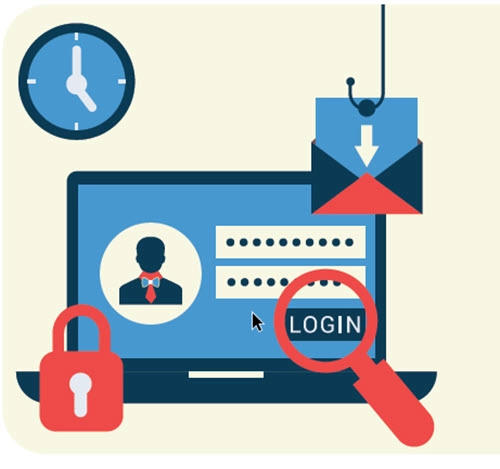Feds See Spike in Vishing Attacks
Tip: Look for misspelled words and glitches. With COVID-19 still a major concern, many healthcare organizations continue to assist patients and do administrative work remotely. However a recent alert suggests that hackers are taking advantage of this upswing in remote work by targeting virtual private networks (VPN) — and usurping private data for nefarious purposes. Backstory: On August 20, the Federal Bureau of Investigation (FBI) and the Cybersecurity and Infrastructure Security Agency (CISA) issued a joint advisory titled “Cyber Criminals Take Advantage of Increased Telework Through Vishing Campaign.” In July, the feds noticed that hackers were homing in on VPNs to monetize access using a variety of tactics, the brief suggests. Know These ‘Vishing Campaign’ Essentials When social engineers use voice communication to gain trust and data from individuals, they are on a vishing expedition. In this case, this phishing technique is harnessing Voice Over Internet Protocol (VoIP) while encouraging staff to call spoofed numbers or log in to compromised internal VPNs. “Using vished credentials, cybercriminals mined the victim company databases for their customers’ personal information to leverage in other attacks. The monetizing method varied depending on the company but was highly aggressive with a tight timeline between the initial breach and the disruptive cashout scheme,” the joint advisory warns. Take a look at the laundry list of things vishers are doing to manipulate virtual workers, according to the FBI and CISA: Read the joint advisory at: https://assets.documentcloud.org/documents/7041919/Cyber-Criminals-Take-Advantage-of-Increased.pdf. Though this scheme isn’t new, past victims were mostly telecommunications and internet companies — but cyber criminals are branching out and every industry must prepare for this type of scenario now, suggests attorney Linn F. Freedman with Robinson & Cole LLP in the law firm’s Data Privacy & Security Insider blog. “Companies need to be aware of the campaign, alert their employees, and provide them with resources and tips to avoid falling victim to it,” Freedman says. Add These Expert Tips to Your VPN Checklist If you’re working out of your home and logging into a VPN every morning, there are several things you can do to protect not only your work computer but also your personal data as well, suggests the joint advisory. If you’re part of an IT team overseeing unusual activity on your organization’s VPN, consider putting these items on your to-do list: Other healthcare employees accessing VPNs daily to check in on patients, perform administrative work, or take care of coding and billing may want to do the following, according to the FBI and CISA advice: Endpoint: “Healthcare providers may believe that if they are small and low profile, they will escape the attention of the ‘bad guys,’” cautions the HHS Office of the National Coordinator for Health Information Technology (ONC). “Yet, every day there are new attacks aimed specifically at small to mid-size organizations for the very reason that they are low profile and less likely to have fully protected themselves. Criminals have been highly successful at penetrating these smaller organizations, carrying out their activities while their unfortunate victims are unaware until it is too late.”



